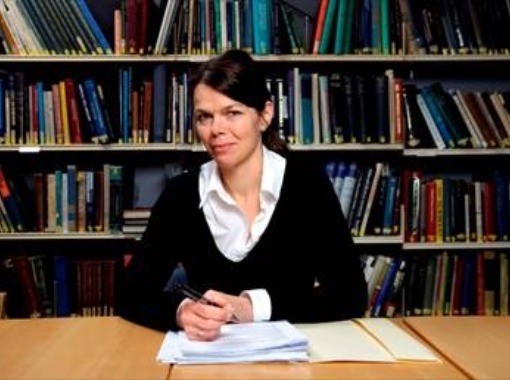Physical activity and healthy brain ageing

Læknagarður
Speaker: Linda Hildegard Bergersen, professor at the University of Oslo
Abstract
Age-associated cognitive impairments like Alzheimer’s disease (AD) are becoming the major health problem worldwide, increasing as the proportion of old age individuals increases. There is no disease-modifying or other effective treatment available. The necessity of a novel approach to treat AD is underlined by the lack of success of treatment strategies directed against amyloid plaques and neurofibrillary tangles. This calls for alternative strategies. Physical exercise significantly reduces the risk of developing AD with nearly 50%, delays functional deterioration in AD patients, and counteracts cognitive decline in old age also independent of AD. In mouse models of AD, physical activity arrests cognitive impairment and stops progression of brain AD pathology. However, how exercise brings about these changes has not been clear. Lactate increases dramatically in intense exercise, to levels that stimulate the lactate receptor HCAR1, which we discovered to be present and active in brain, downregulating the signaling molecule cAMP. Our suggestion that HCAR1 activation counteracts the development of Alzheimer’s disease derives from our recent discovery that activation of the lactate receptor HCAR1 increases the growth factor Vascular Endothelial Growth Factor (VEGF) and increases the density of blood capillaries in hippocampus, the brain region allowing new memories to be stored. VEGF stimulates the formation of blood vessels (angiogenesis) and promotes the formation of new neurons (neurogenesis) and changes of nerve contacts (synaptic plasticity) allowing learning in addition to being neuroprotective. Our results showed ameliorative changes produced by intensive exercise (high intensity interval exercise daily 5 days a week for 7 weeks) were reproduced by subcutaneous injections of a neutral solution of sodium L-lactate, once daily 5 days a week for 7 weeks. The injections increased blood lactate to a peak of above 10 mM. This shows that a single daily high bout of lactate is sufficient to achieve significant effects in the brain, similar to those of strenuous exercise.
Background - Linda Hildegard Bergensen professor
Professor Linda Hildegard Bergersen has pursued research on physical exercise since her days as MSc student. Bergersen first breakthrough (2001) in the brain-lactate field came as a PhD student at the University of Oslo, Norway when she discovered for the first time that the lactate transporter MCT2 was localized at the postsynaptic density of excitable neurons in the brain. During this period Bergersen did pioneering work on the localization of several lactate transporters in the brain. During her postdoc period (2002-2004) she worked one year in the laboratory of Professor Pierre Magistretti in Lausanne, Switzerland. Bergersen established her own research group named the “Brain and Muscle Energy Group” at the Medical Faculty, University of Oslo in 2004 and in 2011 she joined the Center of Healthy Aging at the Medical Faculty, University of Copenhagen Denmark. Initially, Bergersen’s focus has been on energy failure in the brain, inter alia determining the role of lactate transporters in brain diseases, but also investigating mitochondrial dysfunction and impaired DNA repair in neurodegeneration. Since 2012 the main focus of her group’s research has been on the G-protein coupled lactate receptor, HCAR1 (GPR81), in the brain. In recent breakthrough original papers Bergersen’s group discovered the lactate receptor to be present and active and crucial for vascularization in the brain, opening new opportunities for basic and translational research. Currently Bergersen’s group main projects are on brain diseases leading to cognitive decline like Alzheimer disease (AD) and possible treatments to rescue the decline.
Linda Hildegard Bergersen, professor at the University of Oslo, will give a lecture about physical activity and healthy brain ageing.



